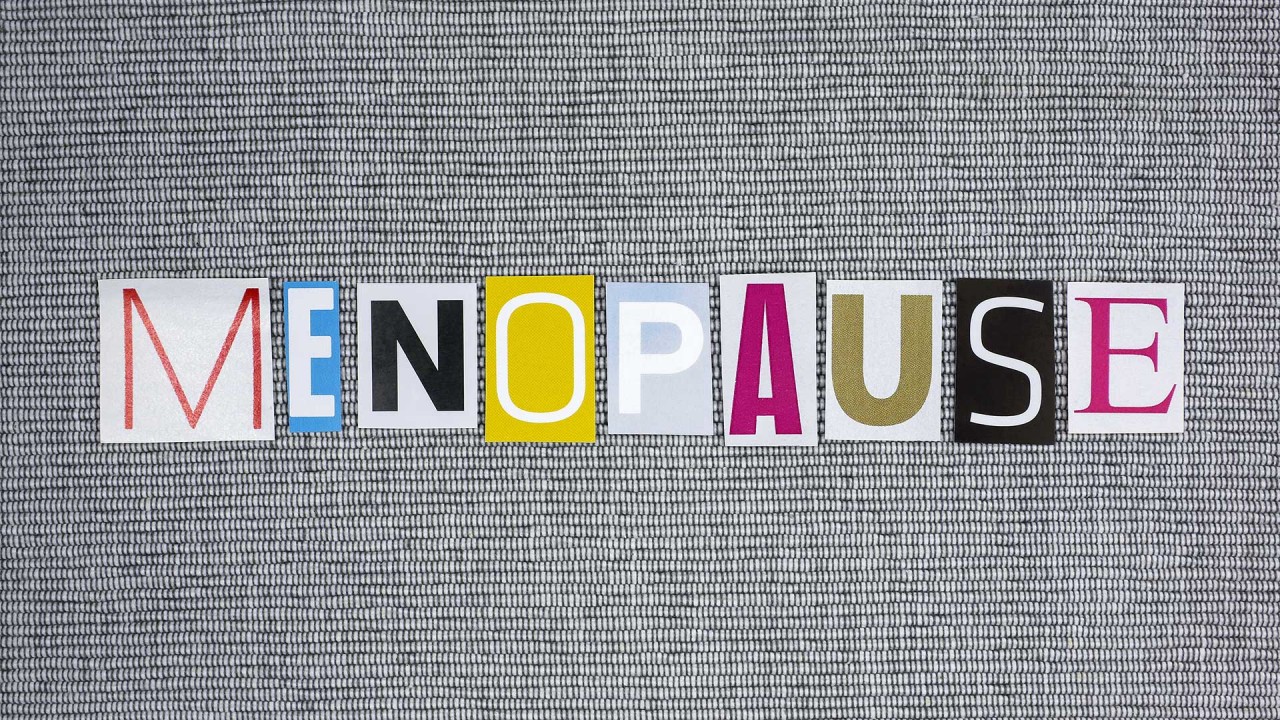.
Understanding the Menopause: Knowledge is Power
NEWS FLASH! World Menopause Day on 18th October plans to harness all the power surges (a.k.a hot flushes) from menopausal women and channel the energy to smash the patriarchy!
Okay, it isn’t, but it’s a good idea and I wanted to get your attention. Keep reading though, because whether you have a female reproductive system or not, the menopause ultimately affects everybody.
And it’s not just about hot flushes. Whilst up to a quarter of women can sail through the menopause (presumably on a sun-soaked yacht holding cocktails and looking smug), the other seventy-five percent can experience what my Grandad would call a ‘tricky time’.
But what exactly does this ‘tricky time’ look like?
Symptoms of the Menopause
There can be a range of symptoms such as:
- Low mood
- Itchy skin
- Anxiety
- Osteoporosis
- Insomnia
- Joint pain
- Genitourinary syndrome of the menopause (GSM) which includes: vaginal dryness, vaginal irritation, change in discharge, pain with sex, increased urgency, bladder infections*
*from The Vagina Bible, by Dr Jen Gunter
This list is not exhaustive by the way. Check out this excellent online resource from Rock My Menopause to find out more.
Just to be clear, menopause literally means when your periods stop. Perimenopause, however, has nothing to do with spicy chicken (though you may feel hot) and lots to do with the years leading up to the menopause, when periods still occur but menopausal symptoms can also be experienced.
What Age Does the Menopause Happen?
The menopause occurs, on average, at the age of fifty-one. Because of this, you may hear the phrase ‘women of a certain age’ which can be unhelpful. Averages are useful to give us an idea, but we can cling onto these numbers, while sometimes forgetting they are the result of adding up all the individual numbers and dividing. You see, I was listening in maths!
Some women can experience the menopause before the age of forty. This is called Premature Ovarian Insufficiency (POI). It can happen spontaneously, or because of surgery or cancer treatments. Not much is known about what causes spontaneous POI, although The Daisy Network states some of the causes could be: autoimmune disease, genetics or certain infections.
POI occurs in approximately 1% of women which, when you take a step back, is actually quite a lot of the female population, approximately 338,000 women in the UK alone. But for these women, it can often mean their similarly-aged peers won’t easily relate to their experience, adding feelings of isolation to what can already be a difficult time.
Who Experiences the Menopause?
Let’s remember, the menopause is experienced by people who have a female reproductive system, often women in their forties and fifties, but not always. They could be younger, or older. It also affects those who identify as a man, but haven’t undergone any transgender medical intervention.
We just need to know that it happens to a lot of people and it can impact heavily on health and work. So let’s empower ourselves by improving our knowledge of symptoms, as well as understanding how we can support each other as colleagues, friends and partners.
Supporting Others - Dos and Don'ts
DO
- Listen (that means keeping your mouth shut and really paying attention)
- Suggest practical ways of helping, e.g. flexi-time for those with sleeping problems
- Encourage them to talk to a GP who is menopause-savvy
DON’T
- Assume just because your Mum was ‘a nightmare’ that this person will be too
- Presume someone under 40 won’t be experiencing the menopause
- Make jokes that belittle the experience. We embrace humour with positive intent at Laughology and our Menopause Awareness workshop helps organisations to support others successfully too
Why not check out comedian Sandra Shamas talking about the perimenopause or me and my comedy compadre from Toots and Leigh singing about it. *NB: For those of you working from home, both videos contain swears so put the ear defenders on the cat.
























